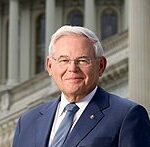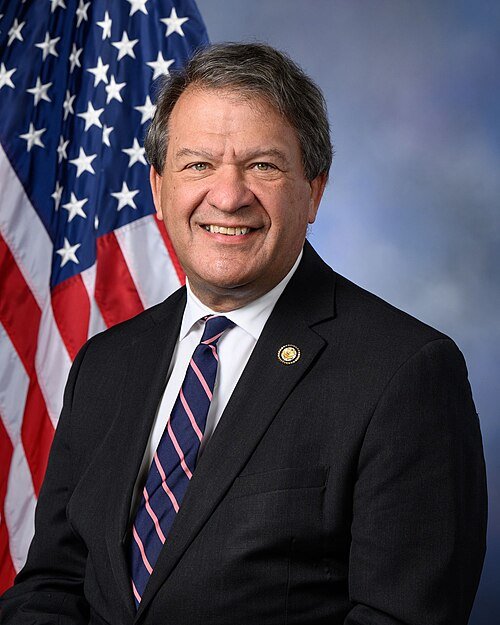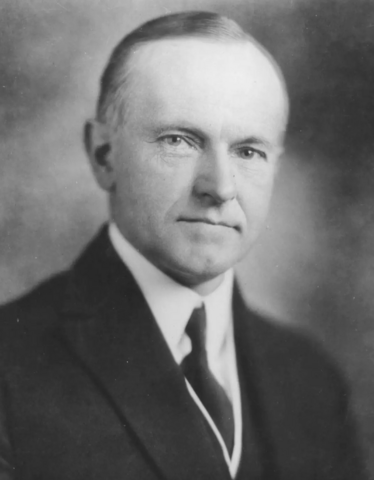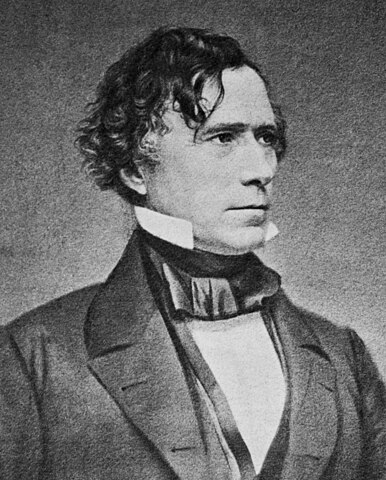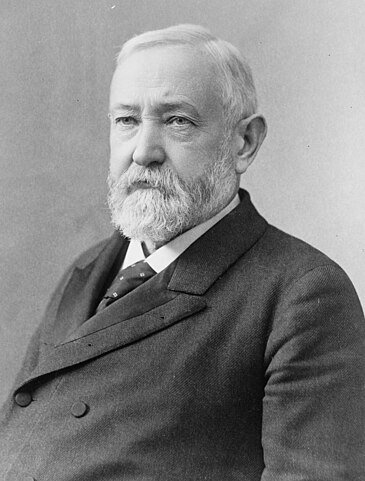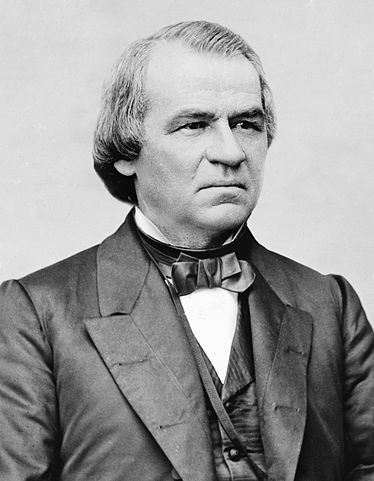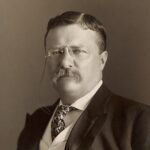
Theodore “Teddy” Roosevelt, the 26th President of the United States, served from 1901 to 1909. His presidency is renowned for its energetic leadership, progressive reforms, and significant contributions to both domestic and foreign policy. Here’s an in-depth look at his time in office:
Ascension to the Presidency:
- Roosevelt became President unexpectedly when President William McKinley was assassinated in September 1901. At 42, Roosevelt was the youngest person to assume the presidency at that time.
Domestic Policy – The Square Deal:
- Trust-Busting: Roosevelt was known for his aggressive antitrust policy, challenging monopolistic corporations:
- He took legal action against large trusts like the Northern Securities Company, setting a precedent for government oversight of business practices.
- Labor Rights: Roosevelt was the first president to mediate a labor dispute at the national level, notably during the 1902 Coal Strike, ensuring miners received better wages and conditions.
- Environmental Conservation: Roosevelt was a pioneer in conservation:
- He established the United States Forest Service and signed into law the creation of five National Parks, 18 National Monuments, and numerous wildlife refuges.
- His administration also set aside millions of acres for conservation through the Antiquities Act of 1906.
- Consumer Protection: Roosevelt supported legislation like the Pure Food and Drug Act (1906) and the Meat Inspection Act (1906), spurred by Upton Sinclair’s “The Jungle,” to regulate food and drug safety.
- Railroad Regulation: The Elkins Act (1903) and the Hepburn Act (1906) gave the Interstate Commerce Commission more authority over railroads, controlling rates and practices.
Foreign Policy – Big Stick Diplomacy:
- Panama Canal: Roosevelt played a pivotal role in securing U.S. rights to build the Panama Canal, which was completed under his successor, William Howard Taft. The canal’s construction represented a major engineering feat and a strategic advantage.
- Roosevelt Corollary to the Monroe Doctrine: In 1904, Roosevelt expanded the Monroe Doctrine, asserting the U.S. right to intervene in Latin America to stabilize economic affairs, often leading to American military interventions in the region.
- Diplomacy and Peace:
- Treaty of Portsmouth (1905): Roosevelt mediated peace negotiations between Russia and Japan, earning him the Nobel Peace Prize in 1906, making him the first American to win this honor.
- Treaty with Colombia: He negotiated the Treaty of 1903 with Colombia, which led to Panama’s independence and the canal rights.
- Great White Fleet: To demonstrate American naval power, Roosevelt sent the U.S. Navy on a worldwide tour from 1907 to 1909, showcasing America’s growing global influence.
Legacy:
- Progressive Era Leader: Roosevelt’s policies significantly shaped the Progressive Era, emphasizing government’s role in regulating big business, protecting consumers, and ensuring fair play.
- Conservation Legacy: His environmental initiatives laid the groundwork for America’s national parks system and conservation ethic.
- Foreign Policy Influence: His approach to international relations, combining military might with diplomatic negotiation, influenced U.S. foreign policy for decades.
- Post-Presidency: After his term, Roosevelt did not retire from public life. He ran for president again in 1912 as a third-party candidate for the Progressive Party (Bull Moose Party), splitting the Republican vote and indirectly helping Woodrow Wilson win.
- Literature and Public Life: Roosevelt was also a prolific writer, contributing to history, politics, and natural history, enhancing his public persona as a man of many talents.
Roosevelt’s presidency is often celebrated for its dynamic leadership and progressive reforms, making him one of the most colorful and impactful figures in American political history. His “Square Deal” domestic policy and robust foreign policy left lasting marks on the nation’s character and its role on the world stage.




